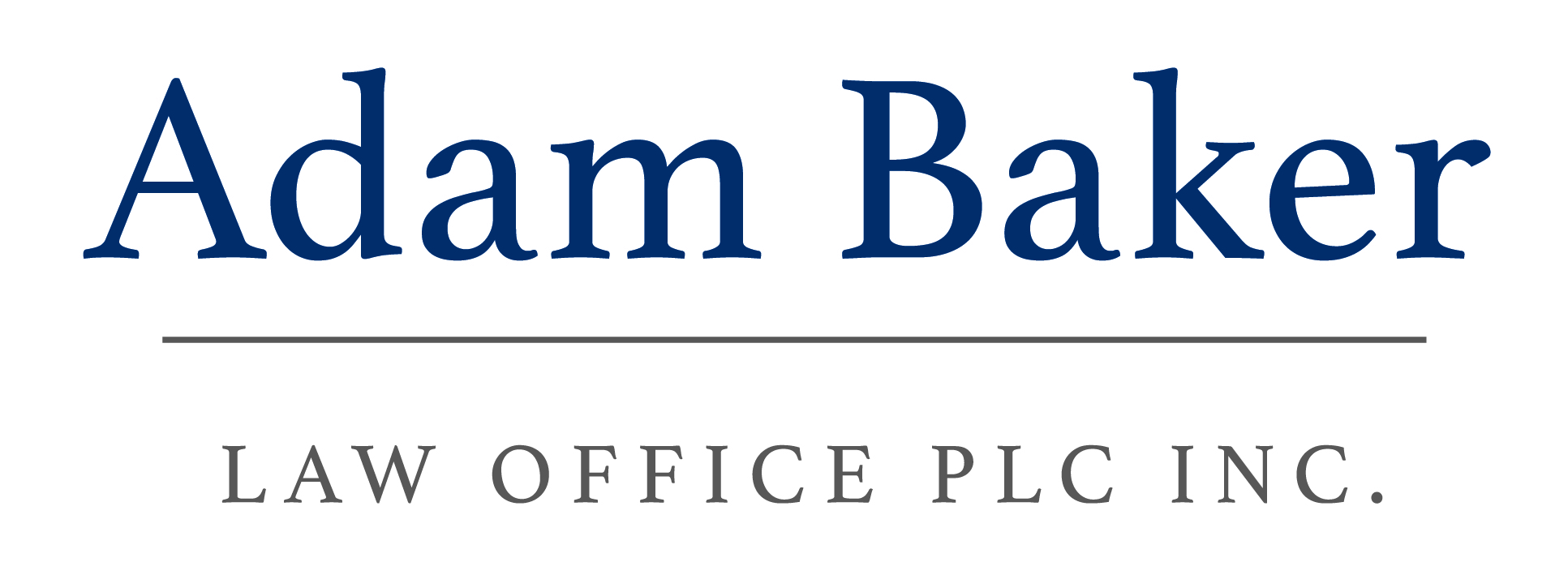
Most adults in Newfoundland and Labrador should think about writing a Last Will and Testament. Separate from the question of whether you really need one (and the general advice is that you should probably have one), is the question of what you put in your Will once you’ve decided to put one together.
Some people I’ve worked with have had a very good idea of the instructions they wanted in their Will and did not need a lot of direction from me other than to help them formalise their wishes in a prepared document. Some people really had no idea what to put in their Will or how to write it. And a lot of people have been somewhere in the middle, having given the matter some thought but not considered, for example, contingency planning, tax consequences associated with certain types of testamentary gifts, or alternative ways of putting their wishes into effect.
There are a number of things to consider when planning a Last Will and Testament. Here are a few of the basics.
- Executor(s): Your executor should be someone you trust and who is also capable of assuming the responsibility of administering your affairs. It’s a good idea to also appoint a substitute in case your executor is unable to act.
- Beneficiaries: These are your heirs. Most people have a few obvious heirs in mind, such as their children, but it is a good idea to consider alternative beneficiaries in case your primary beneficiaries predecease you, for example. These might be grandchildren, other family members or friends, or charities or scholarship funds.
- Specific or special gifts: Many people want to make sure that a particular item or gift goes to a specific person. These can be significant assets, gifts of land or discrete sums of money, or can be sentimental items, like a wedding ring or family bible, or family heirlooms. Sometimes people use a memorandum or list to identify smaller items, but if it is really important to you that someone receives a certain gift, it is best to put it right in your Will.
- Trusts: Sometimes you might use a Will to establish a “testamentary trust” to hold property for someone on a longer term basis. There are many reasons why you might do so. Common reasons include education trusts or trusts for dependent family members. If you plan to attempt to establish a trust you absolutely should seek professional advice.
- Residue clause: As a general rule, all properly-drafted Wills should have some sort of residue clause. The “residue” of your estate of all of the estate not otherwise disposed of elsewhere in the Will (such as through specific gifts).
- Guardianship clauses: In case you have minor children or dependents, you might consider a guardianship clause. Strictly speaking, these are not binding (since Wills dispose of your property and, as it turns out, children aren’t property), but guardianship clauses can provide significant guidance to family members or authorities left to determine what is in the best interests of minor children.
- Funerary wishes: These are not critical to a well-drafted Will, and again, some aspects of this may not be strictly binding (like your children, your body isn’t property either), but if you have strong feelings about how and where you want your remains dealt with, it’s a good idea to put this in.
- Virtual or digital property or licences: What’s going to happen to your Twitter account after you pass away? Your facebook profile? Your awesome blog? As more of our lives are lived online, it’s become a good idea to consider including some direction about what to do about this aspect of our lives as well so family members aren’t left guessing about what it might have been important to you to preserve and what you maybe just want shut down.
This list is not exhaustive, and it’s not universal. I can’t stress enough how important it is to get personalised, professional advice in preparing an estate plan and documents. Hopefully, though, this has helped you consider some things you might not have thought of in making a plan for your estate that you can discuss in turn with your lawyer, accountant, financial advisor, or what other professionals you might be involving in your estate planning process.
“As for the future, your task is not to foresee it, but to enable it.” Antoine de Saint-Exupéry
